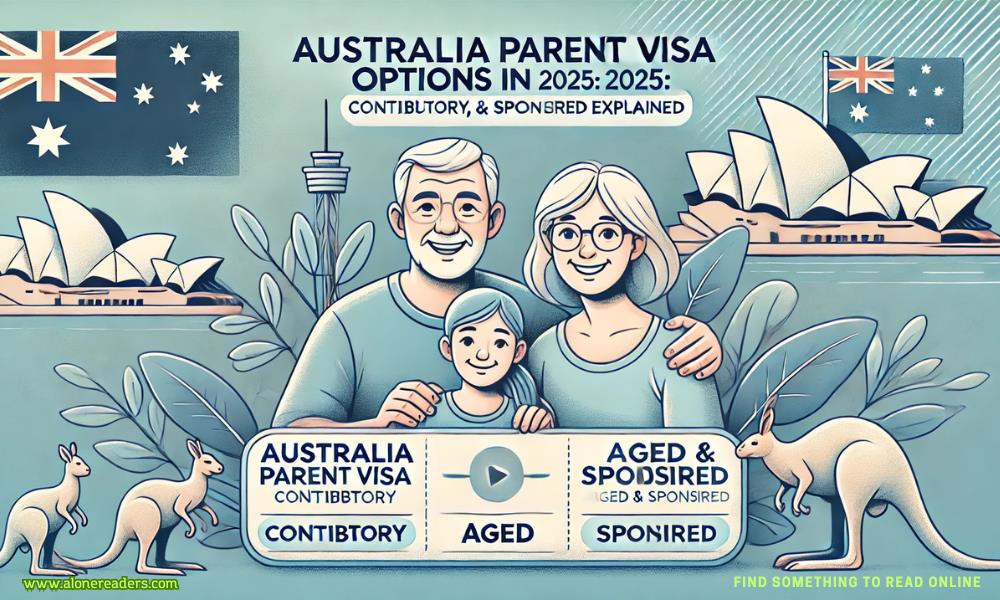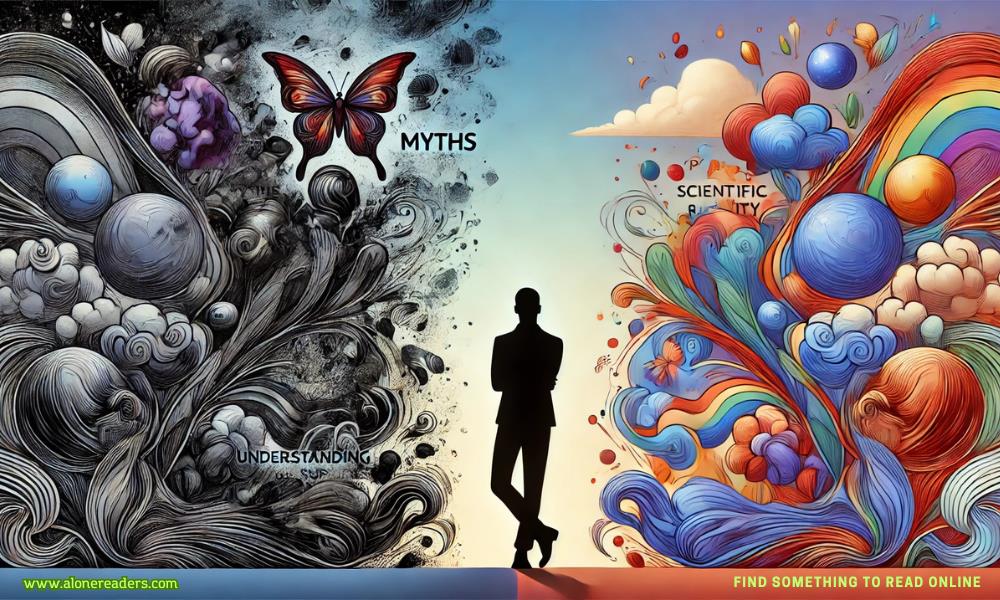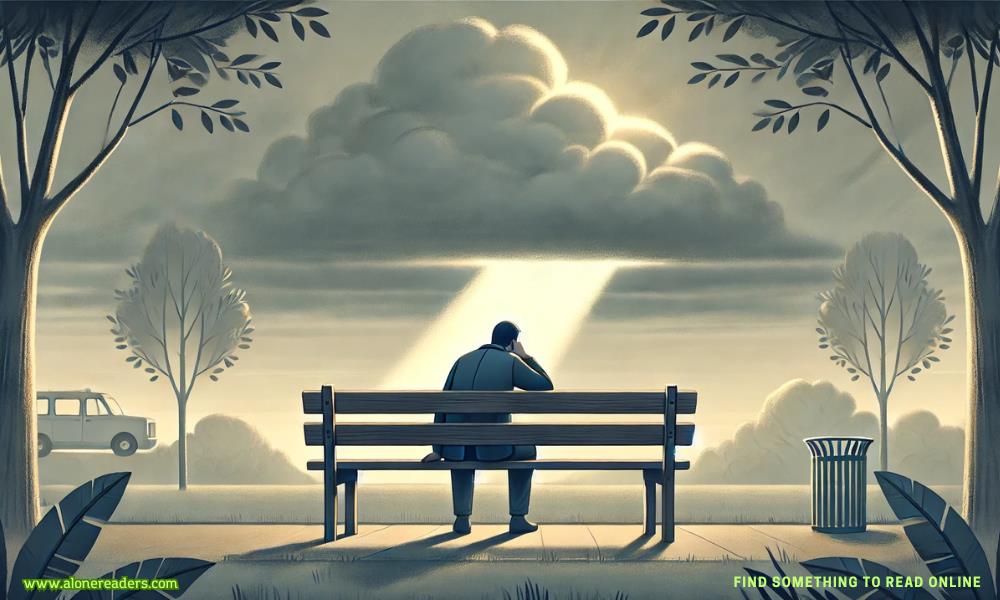Page 99 of What I'm Looking For
“You always dogoodwork, William—technically, you’re spot on. Audiences love you. Are charmed by you.” She catches my eye with a kind smile before her gaze narrows. “But at school, the faculty struggled to figure out how to help you open up. Go deeper. Your instincts are good, and you soaked up everything in classes. But your heart.” She makes a cage with her hands in the air between us. “There’s always been this shield around it that keeps your performances… a little polite.”
A surge of feeling clogs my throat. I blow through my lips, eyes back on the ground. Thinking back to my final evaluation at BU, I remember that I hadn’t understood what they wanted from me. I worked my ass off, I learned my lines, I knew my objectives. I thought I had everything under control.
But maybe that’s been the problem. All this time, I’ve been skating over the surface of everything, afraid of what lurks down below.
“I can hear you thinking,” Eva Marie says softly.
It’s a struggle to get words out but I push past the knots in my gut, my throat, my jaw. “I guess I always thought it was better to be in control of things than to risk being—I don’t know—messy emotionally. It’s easy for me to play through emotions in a scene. Just like playing cops and robbers when I was a kid. Like, ‘Bang! You’re dead!’” I grab my heart and fake being wounded. “‘Aaagh!’”
She dips her chin at me, left eyebrow cocked.
“But I guess all this time I’ve really just been hiding from?—” My throat constricts again. I push past it, even though my voice is uneven. “I lost my dad pretty young.” A bitter laugh puffs past my lips. “That’s what I tell everybody. I mean, those are the words I always use. So they’ll assume that he died. But he didn’t. He didn’t die—heleft.”
An unfamiliar emotion growls from my belly as words I’ve never shared with anyone outside our family exit my mouth. “He lost all his money—our money—and then he disappeared. Just moved on. We never saw him again.”
Suddenly, I need to get this out, even though the shame is beyond overwhelming.
“It was worse than if he’d died. Because hechoseto leave us. To leaveme. Like I wasn’t important enough to stick around for. I’d idolized him until I found out what a loser he was. Him lying to us and then just leaving, it?—” I press a fist to my chest. “It made me so angry, so angry I didn’t know what to do with it.”
Sparked by the memories, that anger propels me to my feet, launches me into movement.
“My brothers and I fought a lot after he left, but that just made me feel worse. I got in fights at school. My mom tried to help, but she was dealing with her own loss on top of struggling to support us on her own. I felt bad for causing her more pain, and part of me was scared of what I was feeling. Afraid that I might hurt someone. Badly.”
Eva Marie is on her feet, too. She folds mats into a stack. “Hurt this.” She smacks the flat blue canvas with her palm. “Or try,” she challenges.
I shake my head, try to control the tremble taking over my hands. I want to hit something, but I don’t want to feel this. It’s too ugly, too secret, too scary.
“What? You’re going to let that asshole ruin your entire life?” she shouts, her voice harsh.
My head snaps up.
“Yes,” she spits. “He was your father. He may have loved you, loved all of you. But he fucked up, and he couldn’t deal with it. Hewasa loser!”
Rage flares low in my gut. I want to yell at her, defend my dad. But I also want to hurt him. Fight back.
Roaring, I kick the pile of mats and then drop to my knees to attack, ugly sounds escaping past bared teeth as I punch over and over again. The mats’ resistance eggs me on.
Eva Marie’s voice reaches past the violence. “Put it on text.”
At first, I’ve got nothing, but eventually some of Hamlet’s words surface, and the pain rides them past my open throat. “King, father, royal Dane: O, answer me!”
She urges me to stick with this line until others bubble up. I find, “Let me not burst in ignorance,” then, “Oh, villain, villain, smiling damned villain!”
The blue of the mat, the whack of my fist against its surface and the roar inside my head and outside my mouth are all I know. I have no idea what words I’m saying, nor how long I’m at it. At some point, I collapse, breath heaving, forehead resting on the mat, my entire body quaking. But the rage is gone.
Eva Marie’s hand warms the middle of my back again, taking the edge off what little pain remains. “Good work,” is all she says.
I puff out a cracked sound. I’d be embarrassed if I hadn’t witnessed similar breakdowns in acting classes over the years. At least I didn’t cry. Much.
I roll over to sit up, resting my heavy head on my forearms. Eva Marie plops down, patting the mat as if to thank it for taking on my rage.
“Wow,” I mumble, unable to come up with anything else.
Eva Marie’s silent for a bit. When she finally speaks her voice is clear and firm. “We talk about vulnerability a great deal when teaching acting. I think many people assume that it’s all about the soft emotions, like love or pain. That you’re vulnerable when you’re risking that you’ll be hurt. That’s not the whole picture, though. You also have to allow rage. Earth-shattering rage. You have to feel safe enough in this space”—she gestures around the rehearsal room with her free hand—“to be ugly. To be unhinged. Most of all, tonot know.”
Her hand grasps my forearm and shakes it slightly until I look her in the eye. “That’s what you’ve always struggled with, William. You alwaysknow. The audience never really feels that you’re risking anything. If you truly don’t know what’s going to happen next, if you let go of knowing what you’ll feel moment to moment? That iselectrifying.”
She points at me. “And that’s what I saw in your performance as Bertram. You were all over the place, dangerous—in a good way. Unpredictable. Riveting. And Hamlet’s words fit you just now in a way I couldn’t have imagined before.”
- The Sheikh and the Single Mom by Holly Rayner
- Extra Tight by A.R. Taboo
- Dominance by Lisa Cullen
- Buried by T.O. Smith
- Savage Claim by Bella Ash
- Savage Proposal by Bella Ash
- Inappropriately Matched by Chloe Kent
- Wilde Secrets by Melanie Hepburn
- The Devil's Torment by Tracie Delaney
- Ms. Mosley by Talena Tillman
- Stricken by N.N. Britt
- Unspoken by N.N. Britt
- Isaac by N.N. Britt
- Past Lovers by Kelex
- Bitten by Kelex
- Best Friends by Kelex







